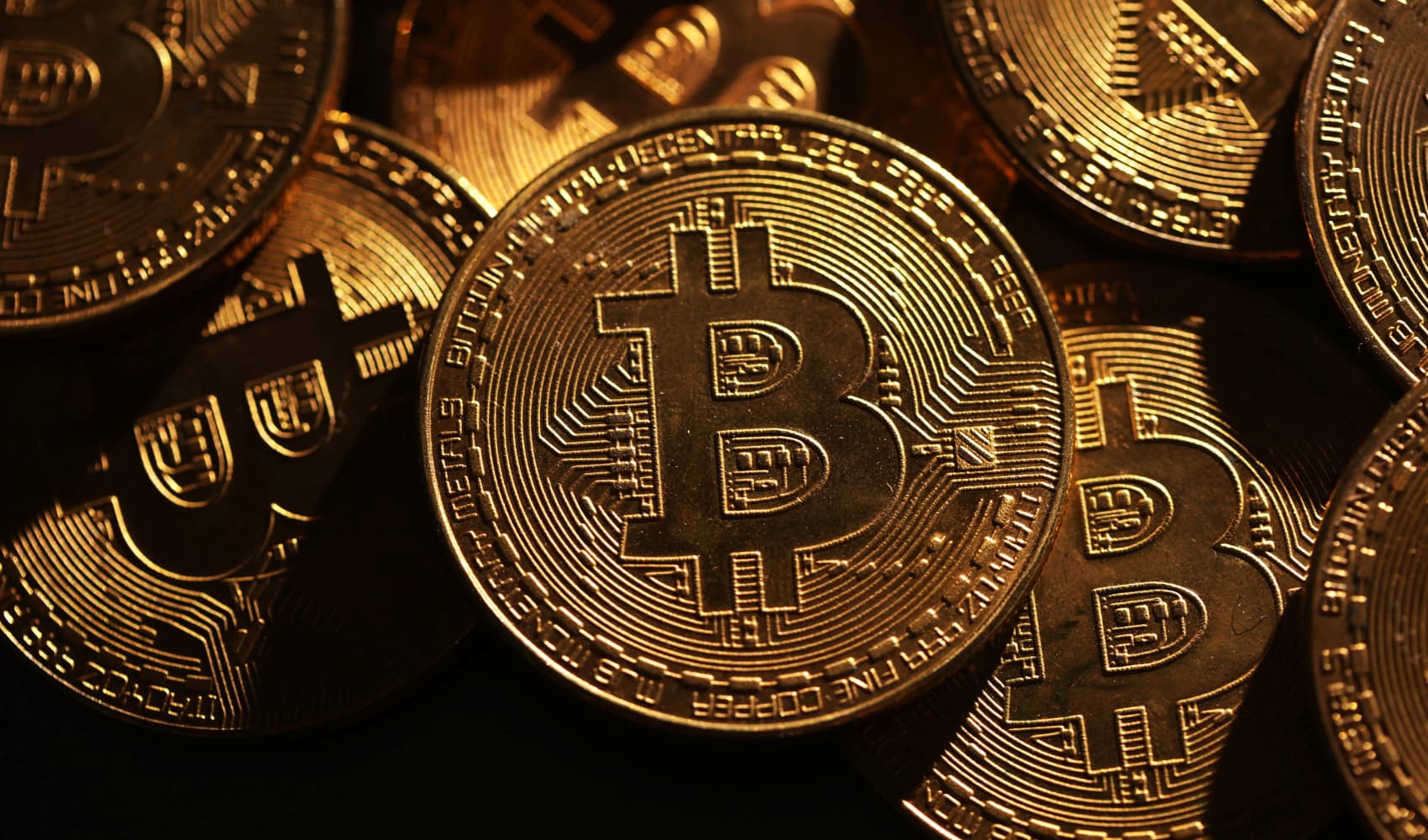
- Vice President Kamala Harris criticized House Speaker Mike Johnson for suggesting that Republicans may try to repeal the CHIPS and Science Act if they win Congress.
- Johnson has since tried to walk back his remark.
- Donald Trump has also attacked the law, calling for tariffs on imported semiconductors instead.
- The CHIPS Act has unlocked tens of billions of dollars to build up domestic semiconductor manufacturing.
Vice President Kamala Harris on Saturday criticized House Speaker Mike Johnson for suggesting that Republicans may try to repeal the CHIPS and Science Act if they win Congress, a remark he has since tried to walk back.
"I also want to speak to the comments that have been recently made by the speaker of the House," Harris said in Milwaukee to a group of reporters. "It is just further evidence of everything that I've actually been talking about for months now, about [former President Donald] Trump's intention to implement Project 2025."
"We've talked repeatedly about their intention to get rid of the Affordable Care Act. Now to get rid of the CHIPS Act," she added.
Get top local stories in Philly delivered to you every morning. Sign up for NBC Philadelphia's News Headlines newsletter.
Speaker Johnson, R-La., made the comment at a Friday campaign event in New York for House Rep. Brandon Williams, R-N.Y., a vulnerable GOP candidate in one of the most closely watched House races of this election cycle.
"I expect that we probably will, but we haven't developed that part of the agenda yet," Johnson said in response to a reporter asking whether the GOP would try to repeal the law.
The CHIPS Act passed Congress with bipartisan support in 2022. The law has unlocked nearly $53 billion of funding to build up domestic manufacturing of semiconductors, which are crucial for the growth of strategic industries such as artificial intelligence. The federal government has announced more than $30 billion of investments under the law as of August.
Money Report
Harris has turned manufacturing investment into one of the central planks of her economic platform.
"It is my plan and intention to continue to invest in American manufacturing, the work being done by American workers upholding and lifting up good union jobs," Harris said in Milwaukee. "That is the way we are going to win the competition with China for the 21st century."
Trump: 'Chip deal is so bad'
Johnson's remark followed the lead of Republican presidential nominee Donald Trump, who attacked the CHIPS Act during an Oct. 25 interview with Joe Rogan.
Trump accused Taiwan of stealing "our chip business" in the interview, calling for tariffs on imported semiconductors.
"That chip deal is so bad," Trump said. "We put up billions of dollars for rich companies to come in and borrow the money and build chip companies here, and they're not going to give us the good companies anyway."
Rep. Williams' congressional district has welcomed the potential economic boost of a coming Micron semiconductor manufacturing plant, sponsored by the CHIPS Act.
"The CHIPS Act is hugely impactful here," Williams said after Johnson's comment, in a subtle clean-up effort. The New York lawmaker also issued a statement on Friday saying that Johnson "apologized profusely" for the blunder and said "he misheard the question."
Democrats need to net just four additional House seats to seize the gavel from Republicans in the next Congress. Polling so far shows the House race at essentially coin-flip status.
Johnson has made attempts at further damage control since his Friday comment, stating after the campaign event that the CHIPS Act is not on the GOP agenda to repeal.
Still, days away from the Nov. 5 election, Democrats are pouncing on the gaffe.
"The Republican Speaker of the House just told the tens of thousands of construction workers building New York and America's future they want to send them pink slips ASAP," Sen. Majority Leader Chuck Schumer, D-N.Y., wrote in a Friday post on the X platform.






